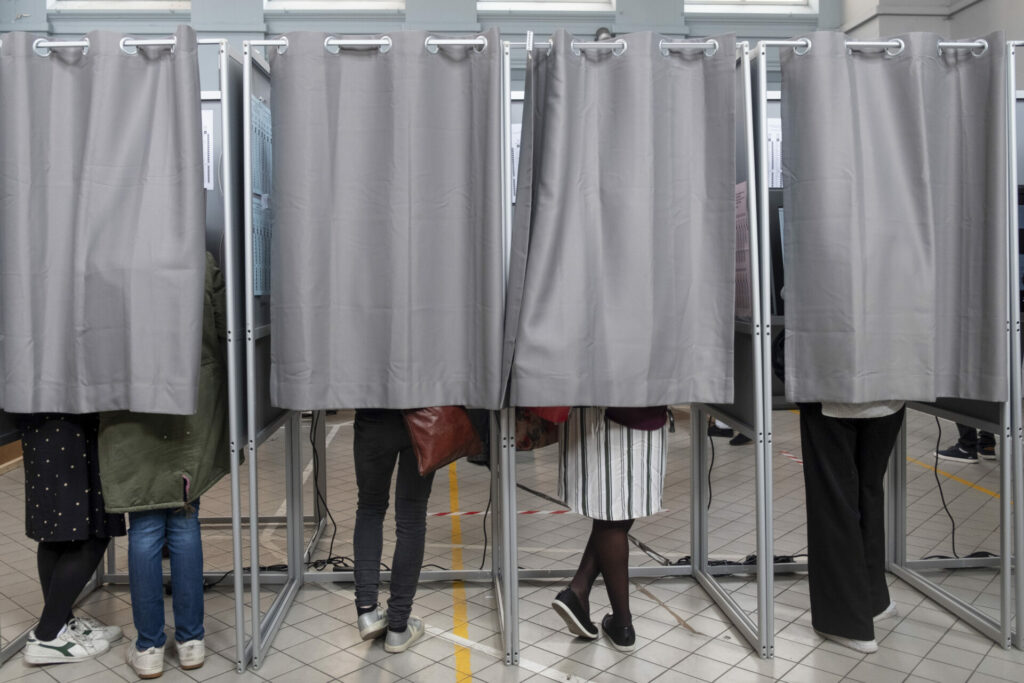Regardless of the results, the Flemish local elections on the 13 October will make history. For the first time since the introduction of multiple votes in 1892, voting will not be compulsory in northern Belgium.
Anyone choosing to stay home, cycle, or enjoy a drink at the pub that Sunday will be legally allowed to do so. But is this an “immense service to democracy” or a “historical mistake”? Opinions vary.
Over three years ago, just before the summer holidays of 2021, the Flemish Parliament passed a decree reforming local elections. The highlight was getting rid of compulsory voting – a measure that liberals had called for since Guy Verhofstadt’s Citizen Manifestos in the 1990s.
The change is based on the principle that voters should be free and it’s up to political parties to encourage people to vote. “Every party will need to champion democracy and explain why voting is important. Voters will not vote because they are obliged to, but because they want to,” argued Bart Somers (Open VLD), at the time Flemish Minister of Internal Affairs.

Credit: Belga / Hatim Kaghat
But not everyone is convinced. The CD&V, a coalition partner at the time the decision was taken, only reluctantly supports the text. Opposition parties voted against it and the academic community also protested. In an open letter ahead of the vote, more than 20 political science professors warned that MPs should steer clear of a “historical mistake”.
The professors feared that people with lower education levels and less favourable socio-economic positions will stop going to voting booths, resulting in their interests not being taken into consideration. “If we prefer not to hear the voices of these people, we must honestly admit it,” they wrote. Nor will ending compulsory voting reduce protests and extremist voting, they argued.
Besides Belgium, only Luxembourg, Greece, and Bulgaria currently have compulsory voting within the European Union.
Despite the change, a recent survey of Flanders residents found that 74% say they will definitely vote on 13 October; Only 2% state they definitely will not. A quarter of voters remain undecided.
It remains to be seen who will benefit from the change. Surveys in late February conducted by UAntwerpen and VUB on behalf of VRT and De Standaard newspaper suggest that CD&V have the most loyal local voters of all parties and thereby stand to benefit greatly from the reform. N-VA are predicted to be the second greatest beneficiaries.
However, parties like the Vlaams Belang and the PVDA (PTB) could lose out, with over a quarter of their voters claiming they will certainly or probably not vote.

